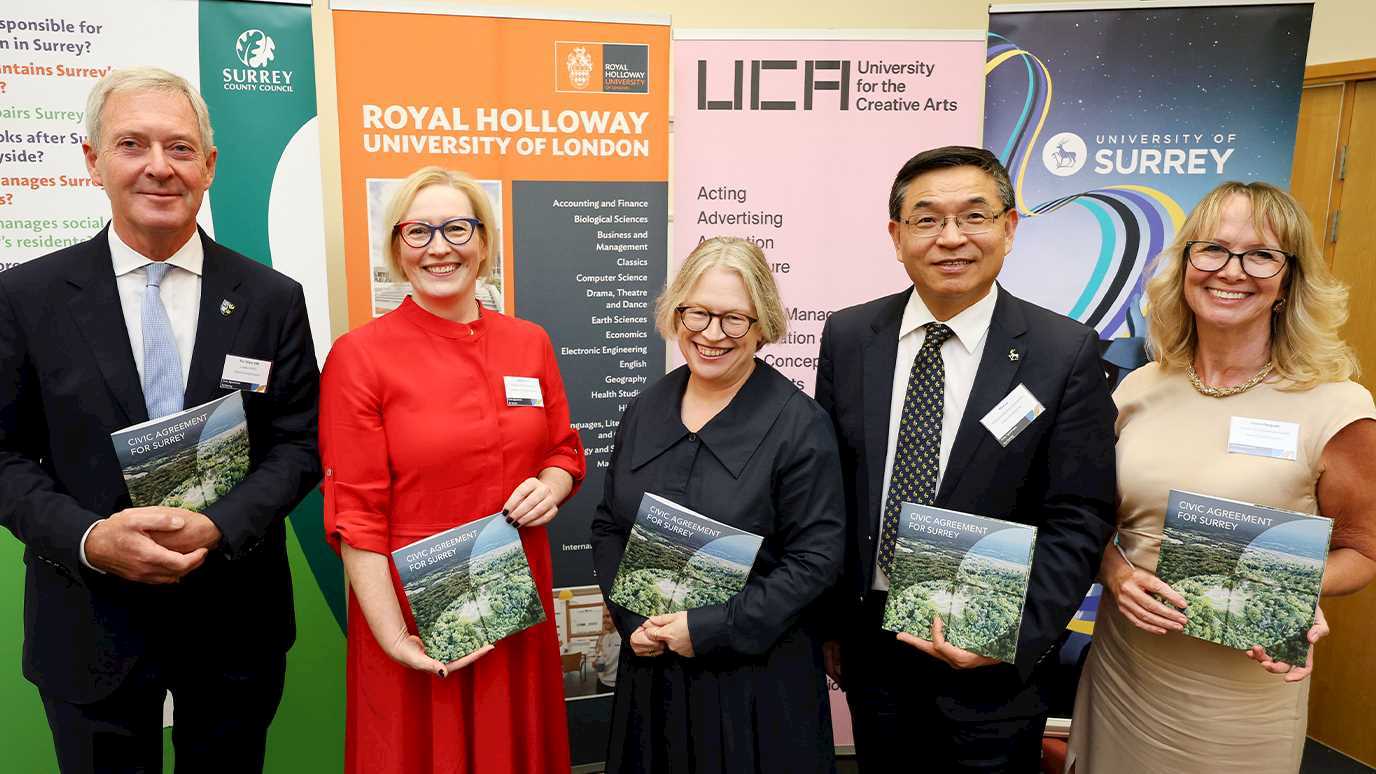Researchers from the Department of Psychology at Royal Holloway, University of London, will be carrying out overnight sleep studies in their sleep laboratory to identify which stages of sleep and sleep-specific brain activations are critical for memory and learning.

Royal Holloway's sleep lab
The sleep lab, based in the Department of Psychology, consists of two bedrooms with specialist equipment that allows academics to record electrical brain activity (EEG) in sleeping participants.
The research, funded by the ESRC, will focus on asking volunteers to learn to read in a completely new and unfamiliar alphabet. The participants will then be deprived of sleep the following night and will then be tested to see how well they have learnt the unfamiliar alphabet.
Lead researcher, Dr Jakke Tamminen said: “We're testing to see how critical sleep is after learning, and how it applies to learning to read.”
A second experiment, using new volunteers, will first deprive participants of sleep for one night and then they will be taught the unfamiliar alphabet.
Dr Tamminen explains: “So in the second experiment the volunteers are learning in a sleep deprived state, and we're interested to see how learning is impaired by this.
“The purpose of these current experiments is to establish whether sleep is critical for learning and generalisation of that newly learned information. When both groups of participants come back to be tested we importantly not only test them on the words that they were reading in the training session, but also on words that they haven't been asked to read before but uses the same alphabet. This allows us to see if they have learned the new alphabet well enough to read words they have never seen before.”
The researchers are currently looking for participants to take part in the studies. Volunteers will be paid for their time and must be between the ages of 18-24 and be native speakers of English.
To find out more about the study or to register your interest in the experiment please contact Benedetta Cevoli or visit the Psycholgy department.
























